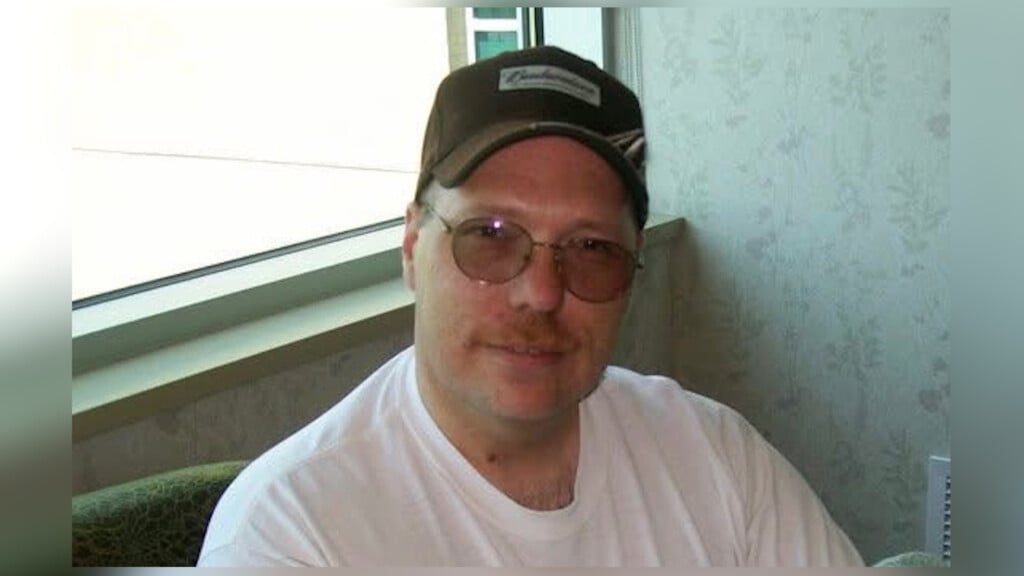Man living illegally in Lancaster County abused girl, forced her to work, deputies say
LINCOLN, Neb. (KLKN) – A man living in the U.S. illegally has been accused of felony child abuse in Lancaster County.
Around 10 a.m. Tuesday, a social worker with Church World Service, a Texas-based company, contacted deputies about a teen living with 34-year-old Alvaro Gomez-Lopez.
The social worker told deputies that the girl was being physically and sexually abused by Gomez-Lopez, the Lancaster County Sheriff’s Office said.
Immediately, deputies went to the home and took the girl to the BraveBe Child Advocacy Center for an interview.
Capt. Tommy Trotter said she was transported to the U.S. about two weeks ago without her consent.
“Since that time, he’s been forcing her to work outside of the home doing construction-type work,” he said. “Forced her to work inside the home — cooking, cleaning, taking care of children, that type of thing — against her will.”
The girl also told authorities that she hadn’t eaten in about five days, Trotter said.
On Tuesday night, deputies took Gomez-Lopez into custody at the home.
He was arrested on suspicion of felony child abuse and third-degree sexual assault.
During an investigation, the sheriff’s office found that Gomez-Lopez had entered the country unlawfully about six months ago.
The sheriff’s office said Gomez-Lopez had made financial arrangements for the victim to be brought into the United States from Guatemala.
The girl has since been placed in custody with the Department of Health and Human Services, which will determine where she’ll go next.
“She’ll be taken care of there,” Trotter said. “There are ways where we can apply for a visa to have the victim safely reside in the U.S. while the case is still being disposed of.”
The Immigrant Legal Center said in cases involving children, whether they’re from the U.S. or not, it works to find forms of relief and keep the child protected.
Astrid Munn, an attorney at the center, said there are numerous resources to reach out to if you or someone you know needs help.
“It can be scary to reach out to local law enforcement, but for the most part, the priority is not, ‘Let’s get this victim in trouble more,'” she said. “The priority is, ‘What can we do to protect them, to encourage them to cooperate in the investigation and prosecution and help them move on with their lives?”



